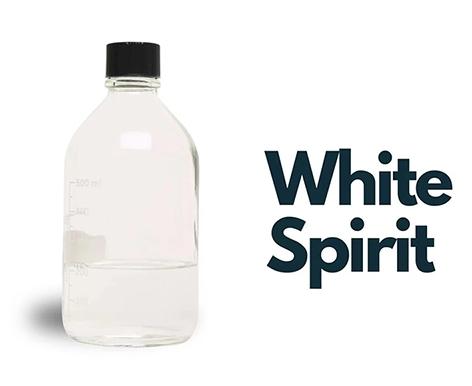Environmental and Safety Considerations in White Spirit Distillation Plants

While white spirit is a valuable industrial solvent, its production involves handling flammable hydrocarbons and generating emissions. Modern distillation plants must adhere to strict environmental and safety regulations to minimize risks. This blog examines key safety protocols and sustainability measures in white spirit distillation facilities.
Safety Hazards in White Spirit Distillation
White spirit is highly flammable, with a flash point between 35–55°C, depending on the grade. Additionally, exposure to vapors can cause health issues. Key hazards include:
Fire and Explosion Risks from hydrocarbon leaks or overheating.
Toxic Emissions (e.g., volatile organic compounds (VOCs) and sulfur compounds).
Chemical Exposure for workers handling raw naphtha or distilled products.
Safety Measures in Distillation Plants
Explosion-Proof Equipment
Electrical systems must comply with ATEX (EU) or NEC (US) standards to prevent sparks.
Pressure relief valves and flame arrestors are installed in distillation columns.
Vapor Recovery Systems
Condensers and scrubbers capture hydrocarbon vapors, reducing VOC emissions.
Closed-loop systems prevent fugitive emissions during storage and transfer.
Personal Protective Equipment (PPE)
Workers must wear respirators, flame-resistant clothing, and chemical gloves.
Gas detectors monitor for hazardous vapor buildup.
Environmental Compliance in White Spirit Production
Wastewater Treatment
Process water contaminated with hydrocarbons undergoes biological or chemical treatment before discharge.
Air Pollution Control
Thermal oxidizers or catalytic converters break down VOCs before release.
Regular emissions testing ensures compliance with EPA, REACH, or other regional regulations.
Sustainable Alternatives
Some plants now produce bio-based solvents as eco-friendly alternatives to petroleum-derived white spirit.
Conclusion
Operating a white spirit distillation plant requires a strong focus on safety and environmental stewardship. By implementing advanced emission controls, explosion-proof systems, and worker safety protocols, manufacturers can produce this essential solvent responsibly. Future innovations in green chemistry may further reduce the ecological footprint of white spirit production.
- Art
- Causes
- Crafts
- Dance
- Drinks
- Film
- Fitness
- Food
- Jocuri
- Gardening
- Health
- Home
- Literature
- Music
- Networking
- Alte
- Party
- Religion
- Shopping
- Sports
- Theater
- Wellness
- IT, Cloud, Software and Technology


